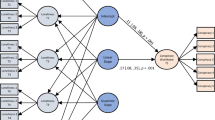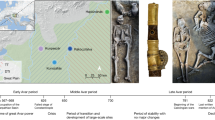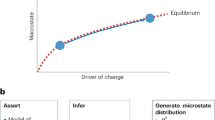Abstract
WITH regard to the new biography of Isaac Newton by Prof. More and to the review in NATURE of January 5 (p. 3), the following considerations may be of interest. Brought up in a family devoted to the Royalist cause, Newton became a staunch Whig. As a fellow of Trinity College he is said to have been influenced by the Platonists, but in spite of this, Newton became a man of science who is far from Henry More's mystical Paracelsic ideas. We must ask how this astonishing development took place, even if we suppose that Newton's genius was essentially responsible for it. I believe that no biographer has yet pointed out the possibility of Spinoza's views having influenced Newton, for this great Dutch-Jewish philosopher was the only one among the philosophers of the seventeenth century who may be ranked with Newton. Oldenburg, secretary to the Royal Society, visited Spinoza at his residence at Rhynsburg in 1661 and was in correspondence with him from 1661 until 1665 and afterwards, 16757ndash;76, concerning scientific, philosophical and theological problems. It is known that Boyle was interested in Spinoza's view, and it is most probable that Newton too had some knowledge of Spinoza and his works. The “Theological-Political Treatise” (1670) greatly influenced English metaphysicians, for example, Locke. It might have influenced Newton's political and theological views as well.
This is a preview of subscription content, access via your institution
Access options
Subscribe to this journal
Receive 51 print issues and online access
$199.00 per year
only $3.90 per issue
Buy this article
- Purchase on Springer Link
- Instant access to full article PDF
Prices may be subject to local taxes which are calculated during checkout
Similar content being viewed by others
Author information
Authors and Affiliations
Rights and permissions
About this article
Cite this article
BLÜH, O. Newton and Spinoza. Nature 135, 658–659 (1935). https://doi.org/10.1038/135658b0
Issue Date:
DOI: https://doi.org/10.1038/135658b0
Comments
By submitting a comment you agree to abide by our Terms and Community Guidelines. If you find something abusive or that does not comply with our terms or guidelines please flag it as inappropriate.



